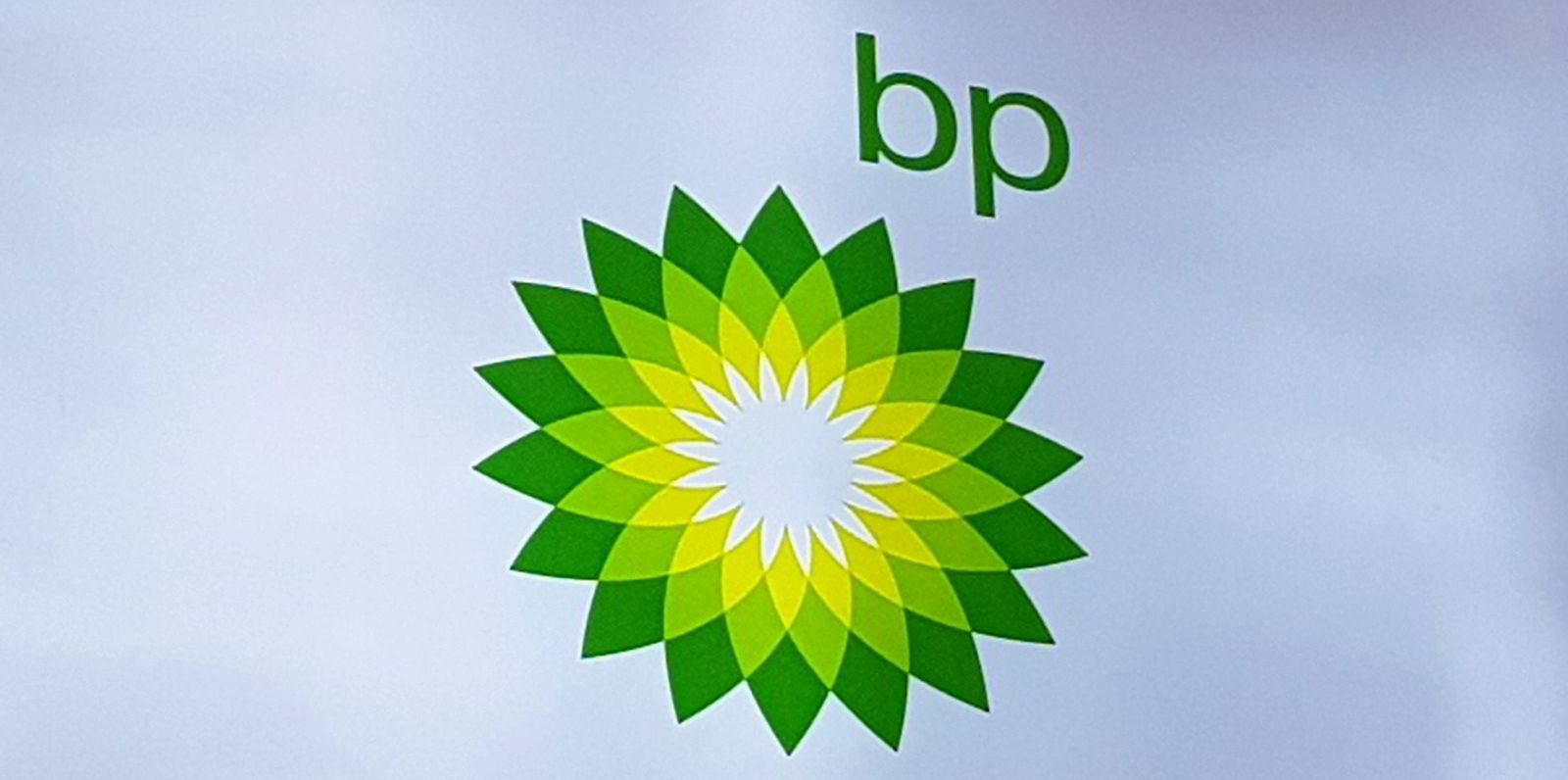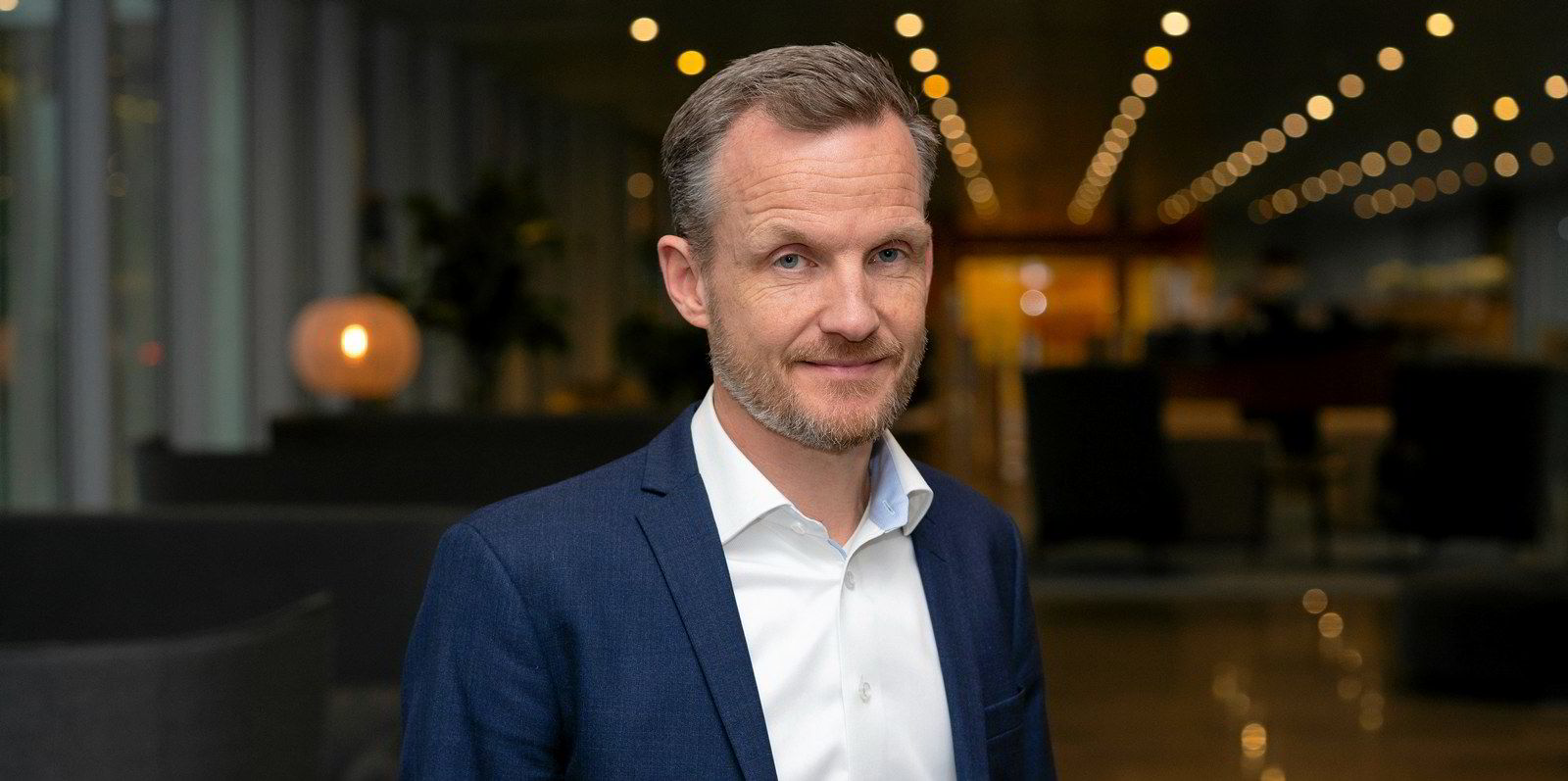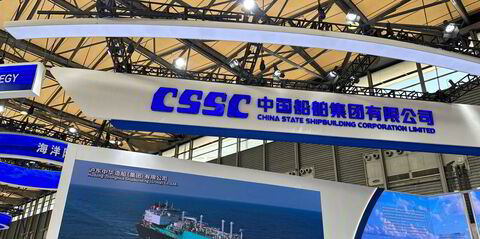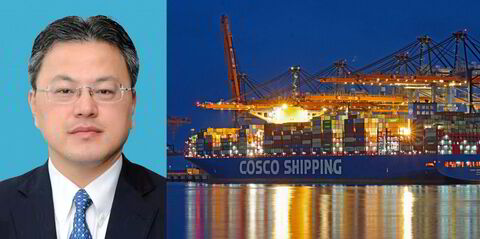BP is investing in a California-based start-up that aims to convert municipal and agricultural waste into lower-carbon fuels, such as bio-methanol.
The oil major said it would invest $10m in WasteFuel, which already has the backing of AP Moller-Maersk’s corporate venture arm, Maersk Growth.
WasteFuel plans to develop multiple bio-methanol plants around the world in collaboration with local strategic partners including waste companies, according to BP.
The company expects its first project to be in Dubai and has a pipeline of additional projects to develop.
BP and WasteFuel have entered a memorandum of understanding for BP to offtake the produced bio-methanol and to work together to help optimise and improve bio-methanol production.
Philipp Schoelzel, vice president of next-generation biofuels at BP, said: “Working with WasteFuel allows BP to offtake bio-methanol and help optimise production which could support decarbonising shipping.
“BP is in action to produce more biofuels, aiming to deliver around 100,000 barrels per day by 2030, to help decarbonise transport.”
Gareth Burns, vice president of BP Ventures, said: “WasteFuel projects will look to help with the growing volumes of global waste, whilst advancing the development of lower carbon solutions for hard-to-abate sectors.
“Achieving decarbonisation in shipping will require a step-change, and biofuels have a key role to play in helping the industry to decarbonise.”
Converting to methanol
According to The World Bank, solid waste production globally totals about 2bn tonnes annually and is expected to increase to 3.4bn tonnes by 2050.
In hard-to-abate sectors, such as shipping, bio-methanol has the potential to play a significant role in decarbonisation, BP said.
“Maritime transport represents around 90% of trade worldwide, whilst producing 3% of global greenhouse gas emissions,” the oil major said.
“In the effort to reach net zero, some of the biggest companies in the shipping industry are converting to methanol-ready ships.
“BP is working to establish supplies of lower carbon alternative fuels for the shipping sector and will look to use its trading expertise to bring WasteFuel’s bio-methanol to market.”





